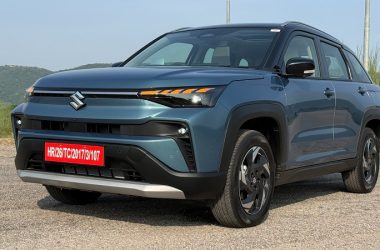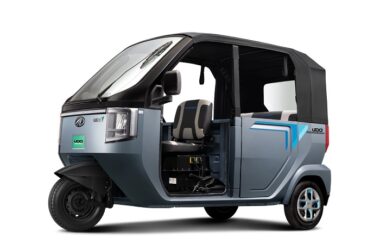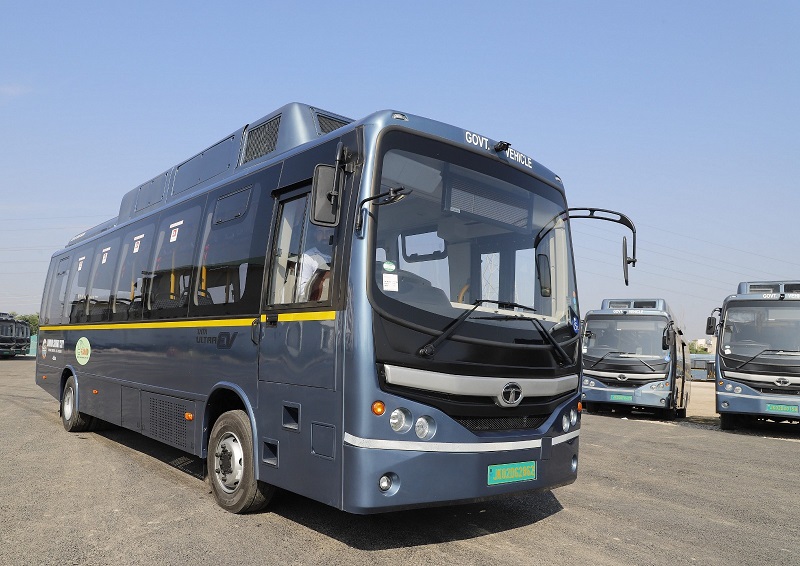New Delhi – The Ministry of Heavy Industries (MHI) clarified today that it has not received any direct orders from state governments for the production of electric buses (e-buses) for public transport utilities. In a statement issued by Minister of State for Heavy Industries and Steel, Shri Bhupathi Raju Srinivasa Varma, it was emphasized that MHI is not engaged in the business of producing or manufacturing e-buses.
However, the Ministry has been instrumental in promoting electric mobility through policy initiatives. The cornerstone of these efforts is the Faster Adoption and Manufacturing of (Hybrid &) Electric Vehicles in India (FAME India) Scheme, launched in 2015. This program aims to accelerate the adoption of electric and hybrid vehicles across the country.
The first phase of the FAME India Scheme, which ran until March 31, 2019, had a budget allocation of ₹895 crore. During this phase, incentives were provided for the deployment of 425 electric and hybrid buses across various cities in India.
Building on this foundation, Phase II of the FAME India Scheme commenced on April 1, 2019, with a significantly larger budgetary support of ₹11,500 crore. This phase is set to run for five years, aiming to expand the reach of electric mobility even further.
Under Phase II, a total of 6,862 electric buses have been sanctioned for deployment in cities and towns across the country. These buses are intended for both intra-city and inter-city operations. As of August 6, 2024, 4,901 of these e-buses have been successfully deployed, marking a significant step towards reducing the carbon footprint of India’s public transport sector.
The Ministry’s efforts under the FAME India Scheme underscore the government’s commitment to promoting sustainable and eco-friendly transportation solutions, even as it steps back from direct involvement in manufacturing.








